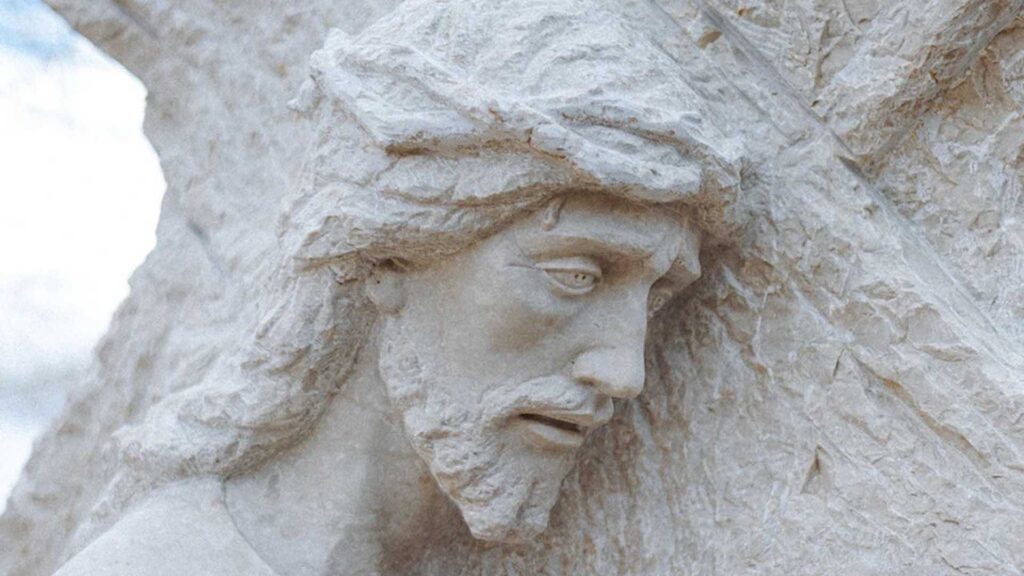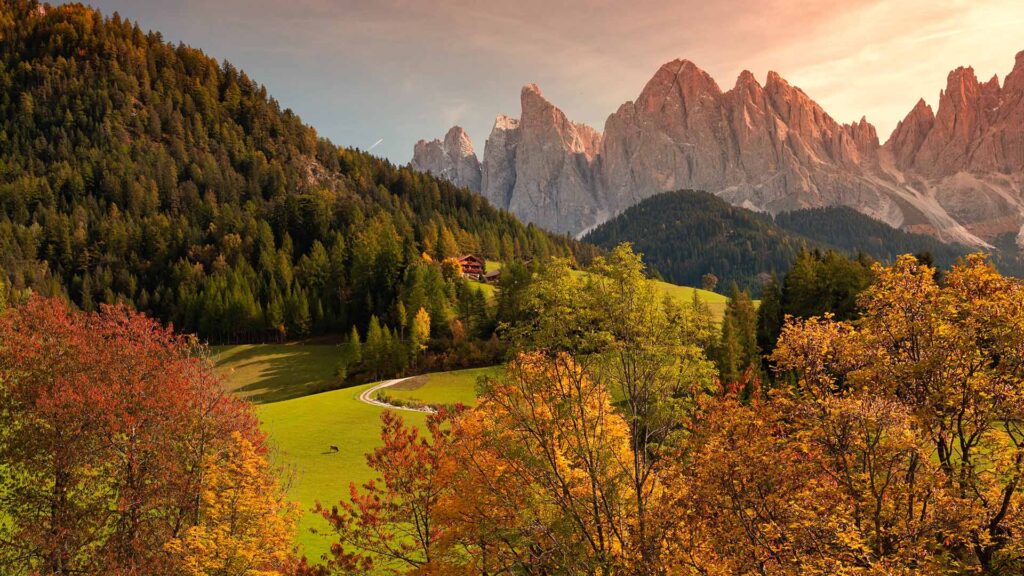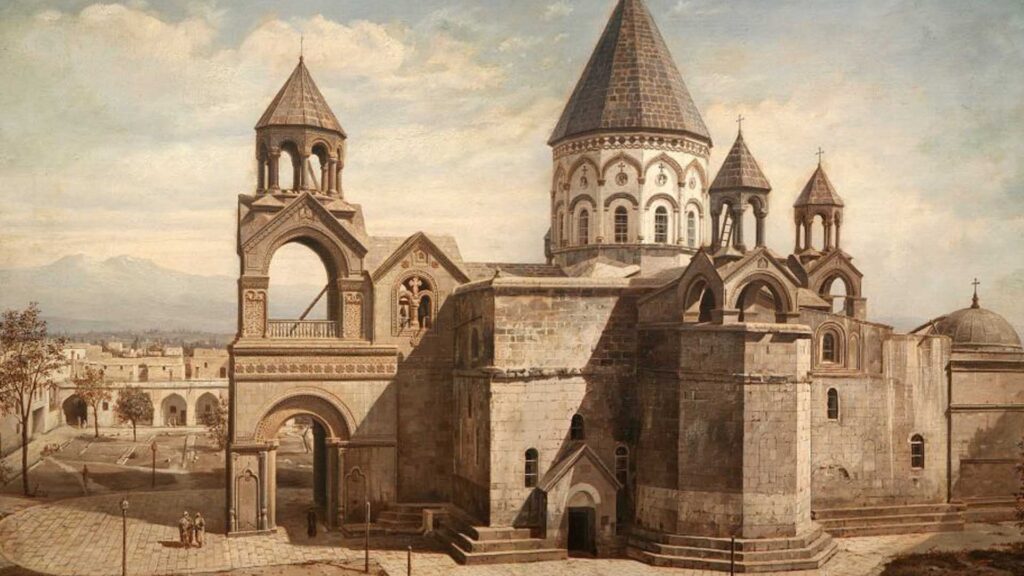
Christ’s Death and the Sabbath
The Bible records that Jesus died on a Friday afternoon “at the ninth hour” (Mark 15:34), or 3:00 PM. His death came only six hours after being nailed to the cross. Since death by crucifixion was often a prolonged process lasting several days, His rapid death surprised the Jewish leaders and Roman authorities, who sent a soldier to pierce Christ’s side with a spear to ensure that He was dead. After this had been done, Christ’s body was removed from the cross and taken to a sepulcher for burial. Luke 23:54 states, “And that day was the preparation, and the sabbath drew on.” A group of women followed those who buried Christ’s body, “and [they] beheld the sepulcher, and how his body was laid. And they returned, and prepared spices and ointments; and rested the sabbath day according to the commandment” (Luke 23:55-56). During the seventh day, therefore, Christ laid in death, in a sense resting from His work of redemption and salvation on the Sabbath. His resurrection occurred after the Sabbath had ended: “Now upon the first day of the week, very early in the morning, they [the women] came unto the sepulcher, bringing the spices which they had prepared, and certain others with them. And they found the stone rolled away from the sepulcher. And they entered in, and found not the body of the Lord Jesus” (Luke 24:1-3).





